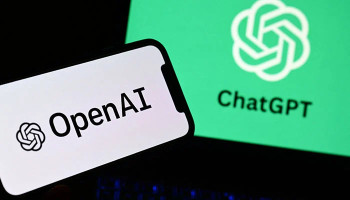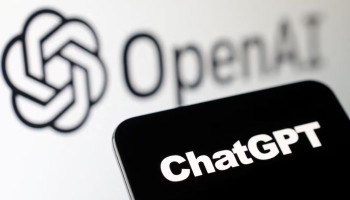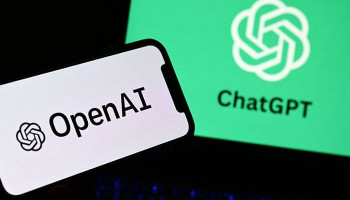
Google is taking a cautious approach with its Gemini AI chatbot, especially in the context of elections. Recognising the sensitivity and potential risks associated with misinformation during the electoral process, the tech giant has decided to limit Gemini's responses to election-related inquiries. This change is being implemented globally in regions where elections are due to take place this year.
This development was initially hinted at in a blog post from Google last December and reaffirmed in a recent announcement related to India's upcoming election. Gemini's new protocol involves providing non-committal answers or redirecting users to Google Search for queries related to elections, such as inquiries about political figures or voting processes.
This move by Google is part of a broader industry trend where AI and technology companies are carefully navigating the political landscape to avoid the spread of disinformation. The technology enables the creation of sophisticated fake content, including deepfakes and AI-driven propaganda, which poses a significant challenge to maintaining the integrity of elections worldwide.
Read more: How to use Google Gemini? All you need to know
Alongside these restrictions, Google is also implementing safeguards like digital watermarking and content labels for AI-generated material. These measures aim to curb the spread of misinformation at scale, reflecting the tech industry's response to regulatory and public pressures.
The decision to limit Gemini's responses in election contexts has sparked discussions about the reliability and appropriate use of AI in sensitive areas. Critics, like Cornell University's associate professor Daniel Susser, question the broader implications of such limitations. If AI tools like Gemini are deemed unreliable for election information, it prompts broader concerns about their use in other critical areas, such as health or finance.
This issue isn't isolated to Google. Other major AI firms are also scrutinising and often restricting their chatbots' responses to sensitive questions, a decision fraught with its own set of complexities. For instance, recent controversies highlighted how AI-generated content could inaccurately represent historical contexts, leading to public backlash and demands for more responsible AI development and deployment.
As AI continues to evolve and integrate into various aspects of daily life, these challenges underscore the need for responsible and ethical AI practices, particularly in areas that directly impact public opinion and democratic processes.
















